Technology for Processing Fresh Fish into Ready-to-Eat Products
By. Edi - 18 Aug 2025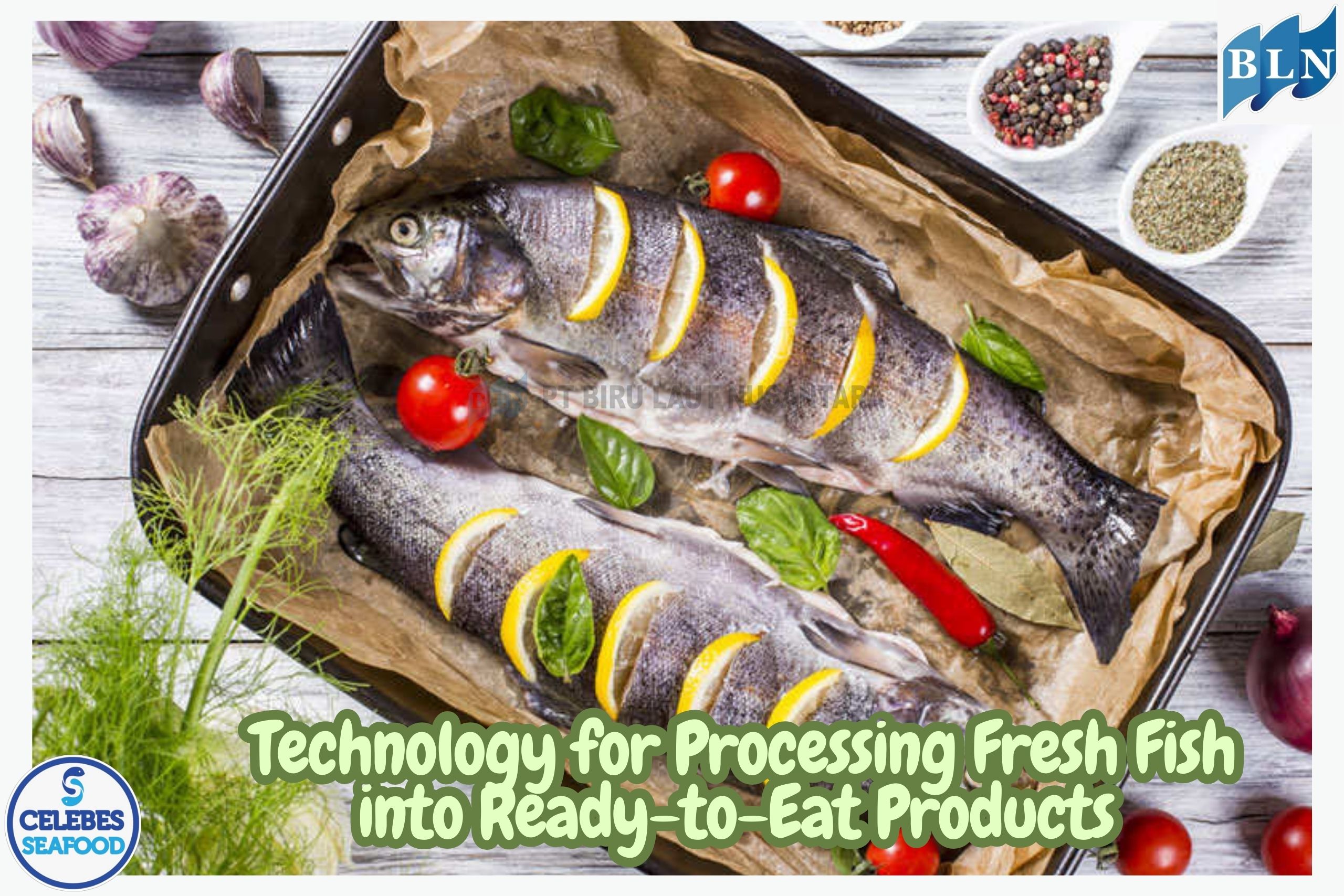
lautnusantara.comFish is one of the most important sources of animal protein for humans. Its high nutritional content—such as protein, omega-3 fatty acids, vitamins, and minerals—makes fish a highly valuable commodity in terms of both nutrition and economics. However, fresh fish is highly perishable and requires proper processing technology to extend its shelf life while maintaining quality.
Processing fresh fish into ready-to-eat products not only aims to prolong storage but also to increase added value, expand markets, and facilitate distribution.
Fresh Fish Processing Technologies
-
Chilling and Freezing
-
Chilling: Fish is stored at low temperatures (0–4°C) to slow down microbial growth.
-
Freezing: Fish is frozen at -18°C to -30°C, allowing it to last for months without significant nutritional loss.
-
-
Canning
-
Fresh fish is cooked, placed in cans, and sterilized at high temperatures.
-
This method produces practical, long-lasting products, such as canned sardines.
-
-
Drying and Smoking
-
Drying: Reduces the water content in fish so microbes cannot grow, e.g., salted fish.
-
Smoking: Lowers moisture while also adding distinctive flavor.
-
-
Fermentation
-
Uses microorganisms to produce processed products such as shrimp paste, fermented fish (bekasam), or fish sauce.
-
Fermented products usually have longer shelf life and unique flavors.
-
-
Ready-to-Eat Processed Products
-
Examples include fish nuggets, fish balls, fish floss, fish sausages, and instant fish-based foods.
-
These products are practical and popular among modern consumers.
-
-
Modern Technology: Surimi and Its Derivatives
-
Surimi is processed fish protein in paste form, used as a base for products such as crab sticks, fish balls, and dumplings.
-
This technology makes fish more versatile for various product forms.
-
Advantages of Ready-to-Eat Fish Products
-
Longer Shelf Life → Processed fish products can last weeks to months.
-
Higher Economic Value → Processed products sell at higher prices than fresh fish.
-
Convenience → Suitable for urban consumers who prioritize practicality.
-
Product Diversification → Attracts a wider consumer segment, from children to adults.
-
Export Potential → Processed fish products hold strong opportunities in international markets.
Challenges in Fish Processing
-
Limited Technology in Rural Areas → Not all fishery centers have access to modern cooling and processing facilities.
-
Raw Material Quality → Poor handling of fish after capture reduces final product quality.
-
Food Safety → Must comply with hygiene standards, be free from contamination, and meet food regulations.
-
Market Acceptance → Product innovations must align with consumer preferences to compete effectively.
If you are interested in our OCTOPUS WHOLE CLEANED BALL TYPE, OCTOPUS WHOLE CLEANED FLOWER TYPE please do not hesitate to contact us through email and/or whatsapp.
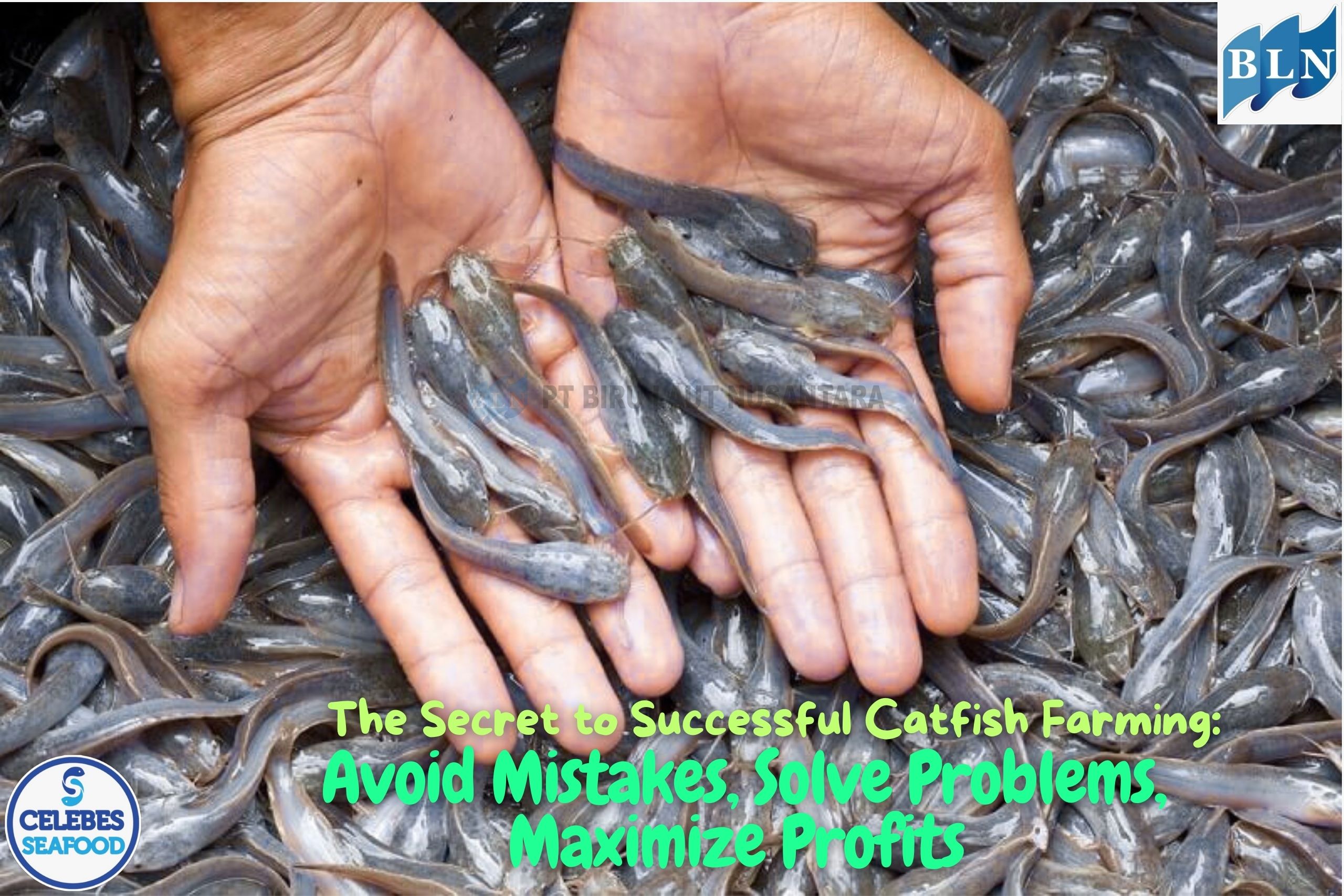
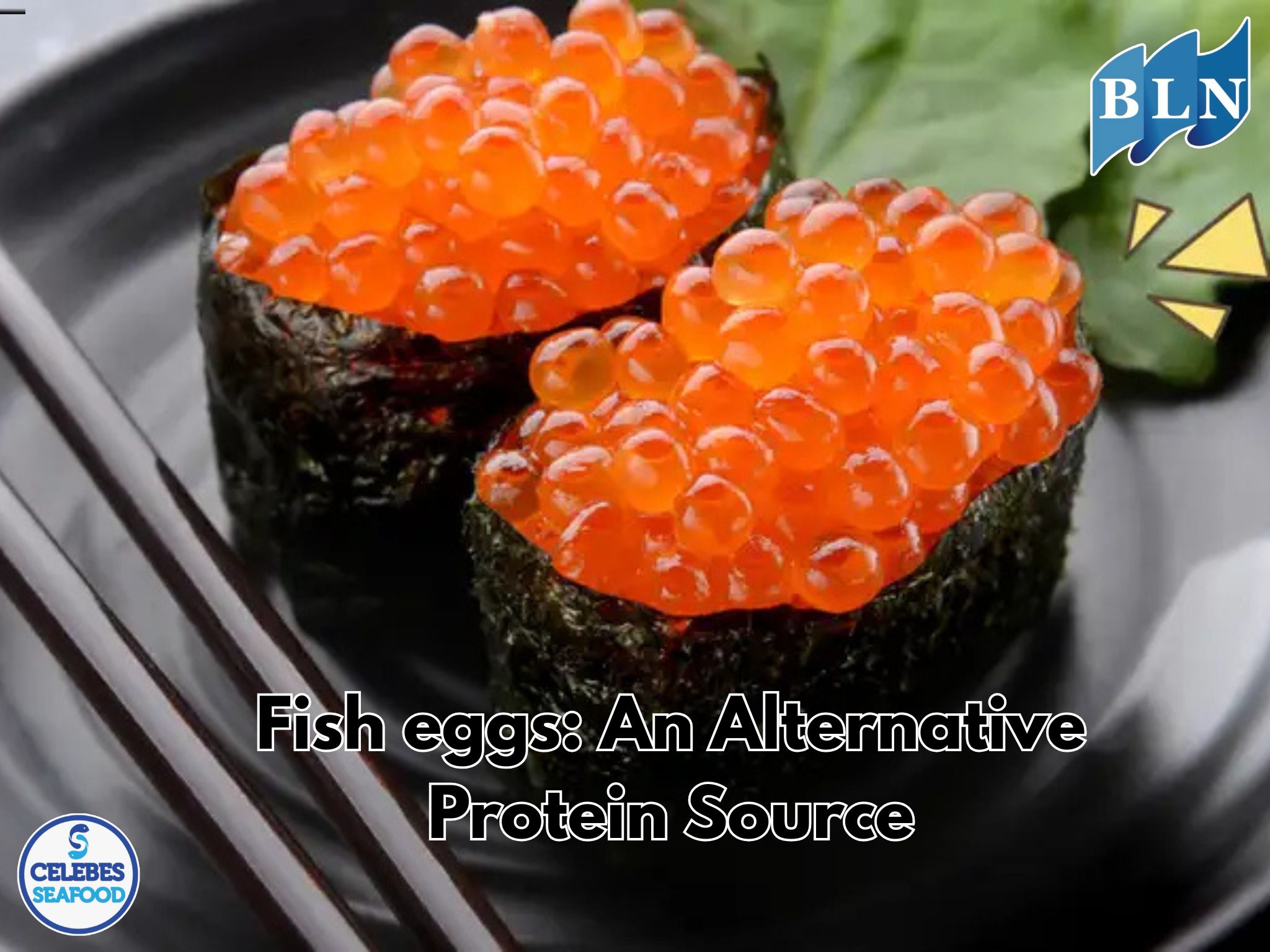
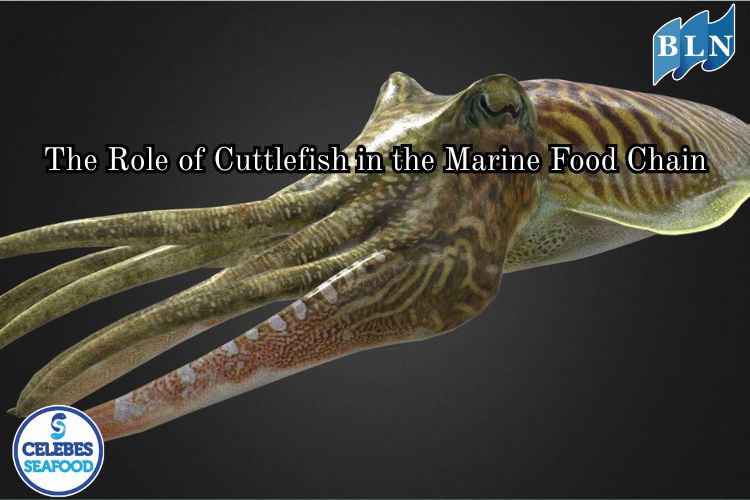
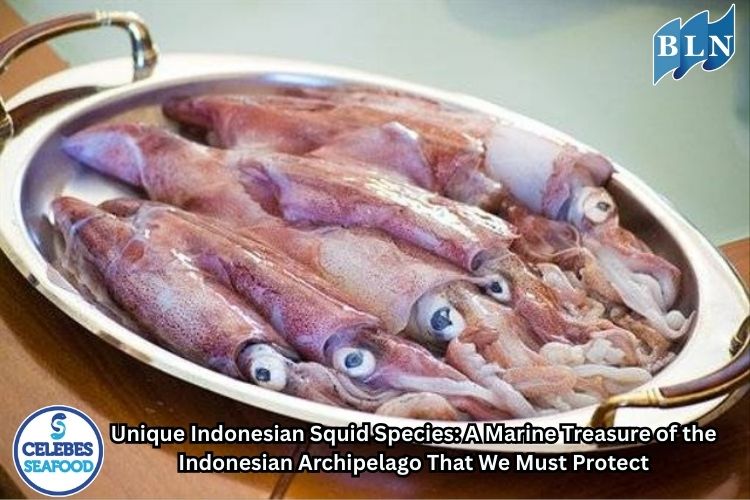
 in Fish and Shellfish in Coastal Areas.jpg)
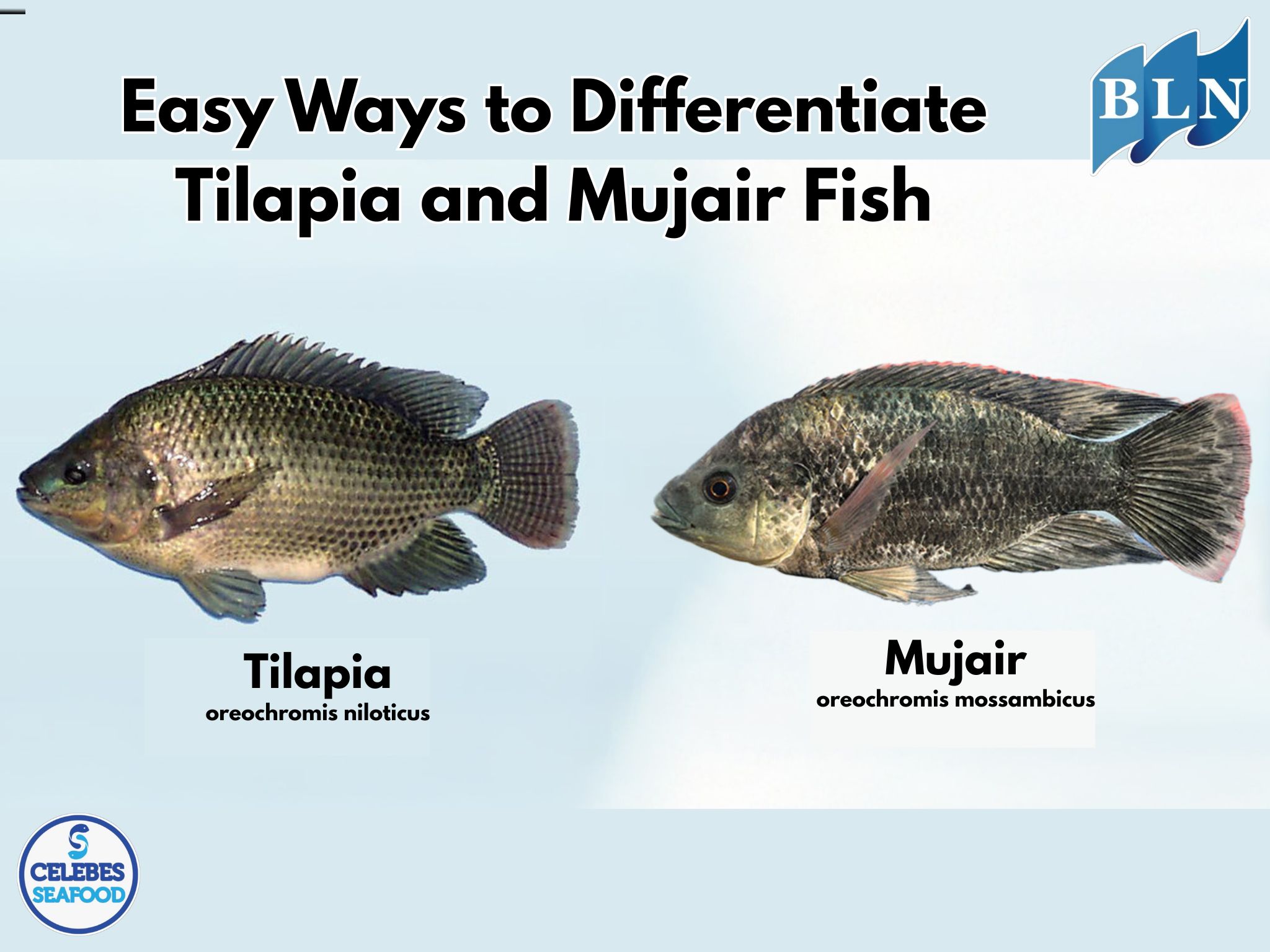
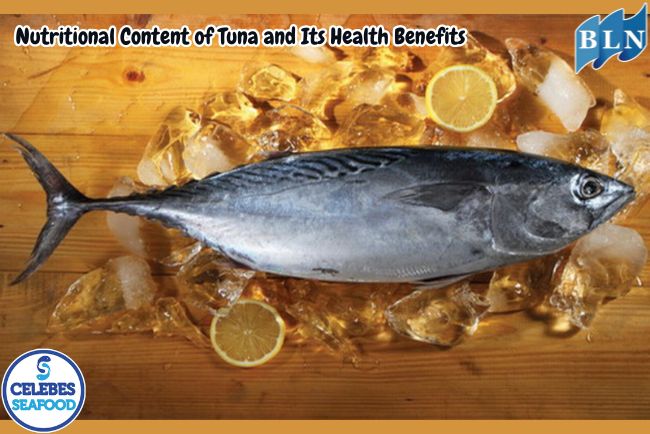
.jpg)